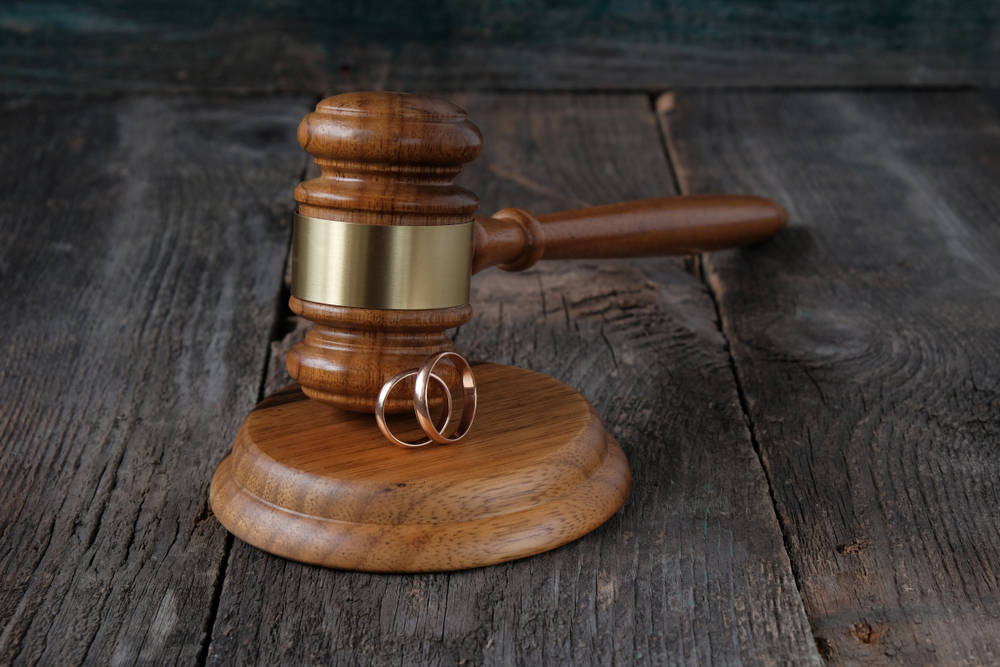By Becky Bohrer
Associated Press
The Alaska Supreme Court is considering whether Gov. Mike Dunleavy improperly kept in place appointments to boards, commissions and his cabinet after lawmakers failed to meet to consider the appointments.
Superior Court Judge Philip Pallenberg in February ruled that Dunleavy was prohibited by law from making recess appointments of the same people lawmakers had failed to confirm. The ruling came in a case brought against the Republican Dunleavy in December by the Legislative Council, which is made up of House and Senate leaders. State attorneys, on Dunleavy’s behalf, appealed the ruling.
The council argued that appointments presented by Dunleavy in early 2020 lapsed in December when lawmakers failed to act on them, though they said Dunleavy was free to reappoint a person who was declined when a new legislative session began. The current session started on Jan. 19.
Attorneys for the state argued that some provisions of law dealing with appointments were unconstitutional.
Dunleavy’s pick for Department of Revenue commissioner, Lucinda Mahoney, was among the affected appointees.
Janell Hafner, an attorney with the Department of Law representing Dunleavy, said Tuesday that the legislature “abdicated” its responsibility to render judgment in joint session on Dunleavy’s appointments. She said the case is about “whether the legislature can weaponize its own inaction and encroach on gubernatorial authority, making Alaskans pay the price for its own inertia.”
A filing with the court by attorneys for the state, including Hafner, said the Legislative Council’s position “permits the legislature to kneecap an administration without the accountability of a vote, frustrating the will of the electorate by impeding a governor’s ability to utilize the subordinates he or she needs to administer state affairs and oversee the delivery of essential services.”
Megan Wallace, an attorney for the Legislative Council, in arguments Tuesday said the state constitution is “silent” on what happens in the face of inaction. Without specific constitutional language to provide direction, “the legislature had the power to fill in the gaps,” she said.
Amid COVID-19 concerns last year, the Legislature passed a law allowing lawmakers to adjourn and take up confirmations later.
That law said if lawmakers didn’t act on the appointments either a month after an initial pandemic disaster declaration expired or by Jan. 18 — whichever was first — that amounted to them declining to confirm those people. The declaration ended on Nov. 15.
But Dunleavy, in a letter to legislative leaders on Dec. 16, said he viewed as valid appointees the Legislature had not acted to confirm. He said he would re-submit names of people who had not been confirmed and submit any new picks during the session that is now underway.
Pallenberg, in a written judgment, said the appointments Dunleavy presented to the Legislature during the 2020 session were not valid from Dec. 16 “until the time at which those appointments were, if ever, presented” by Dunleavy to the Legislature for the current, ongoing session.
The judge said he expressed no opinion about the ability of a person to contest the action of someone whose appointment “was not valid” during that period.
He also issued an order last month granting attorneys’ fees of more than $26,000 to the Legislative Council.
The lawsuit was brought under prior council leadership, which changed with the new legislative cycle.
House and Senate lawmakers traditionally meet to consider confirmations near the end of a regular session. Republican Sen. Peter Micciche, who took over as Senate president this session, told reporters last month that appointments would be addressed before lawmakers adjourn.
“We may have differences with the administration, but we’re not going to get in the way of their operations running smoothly either,” he said.

